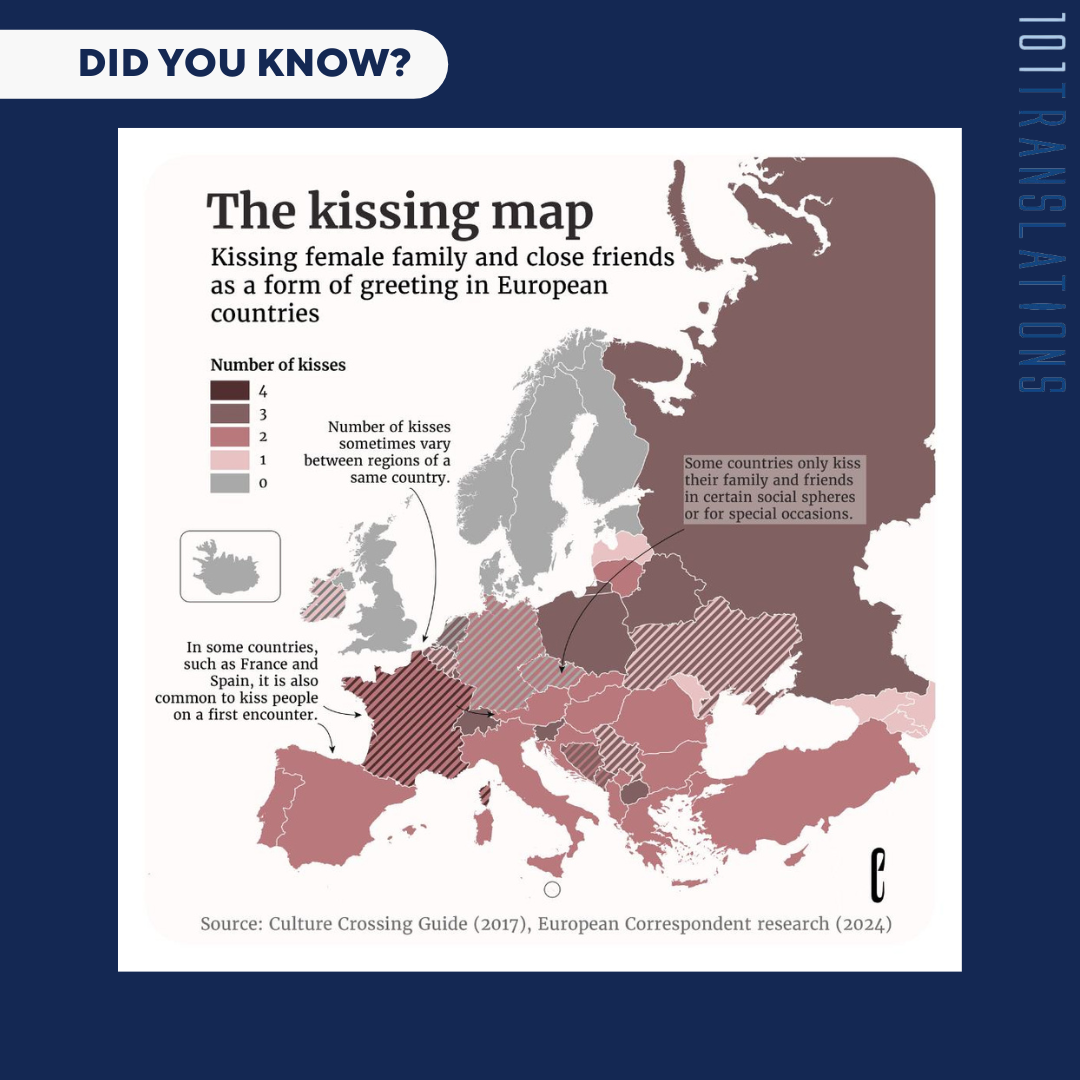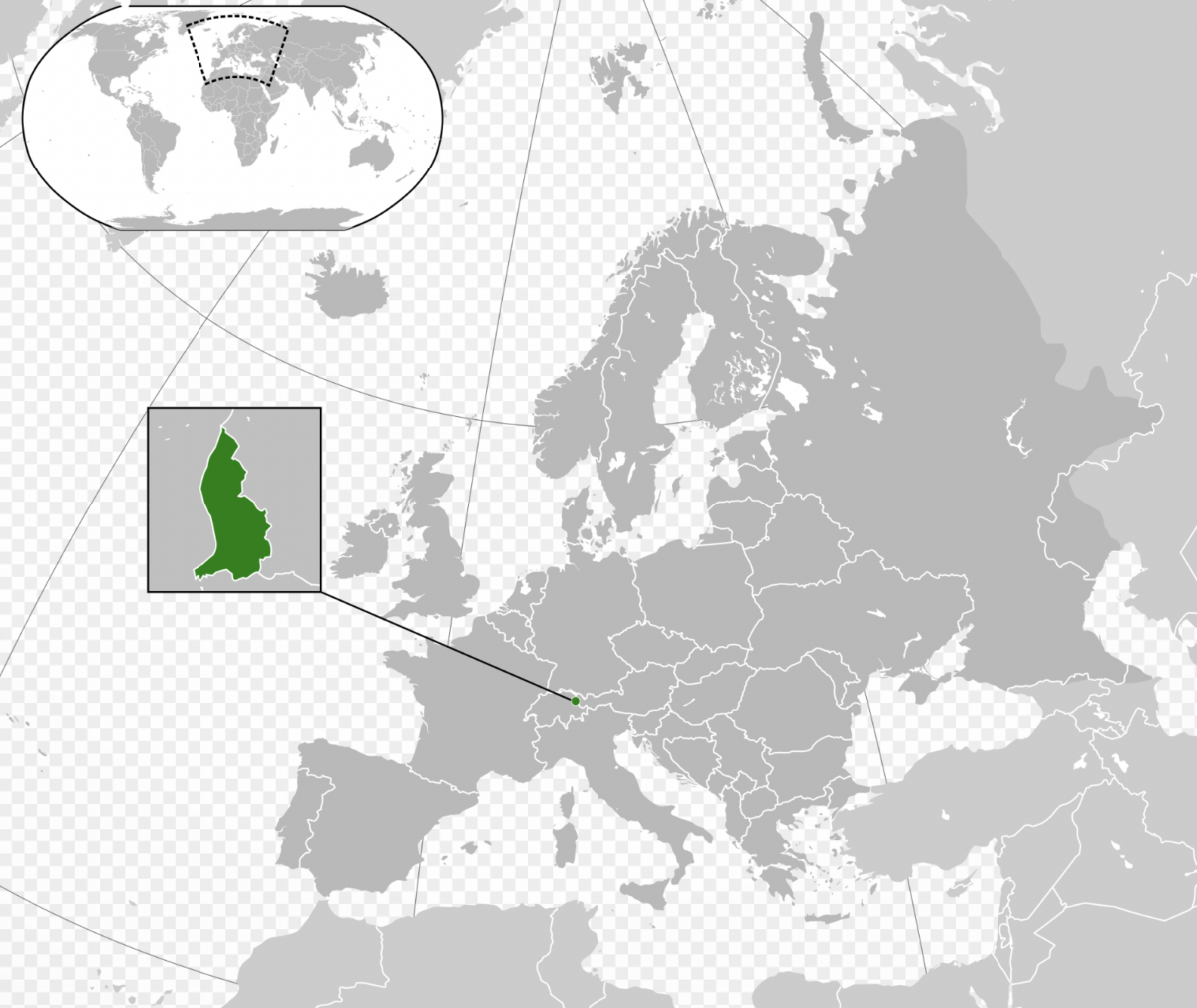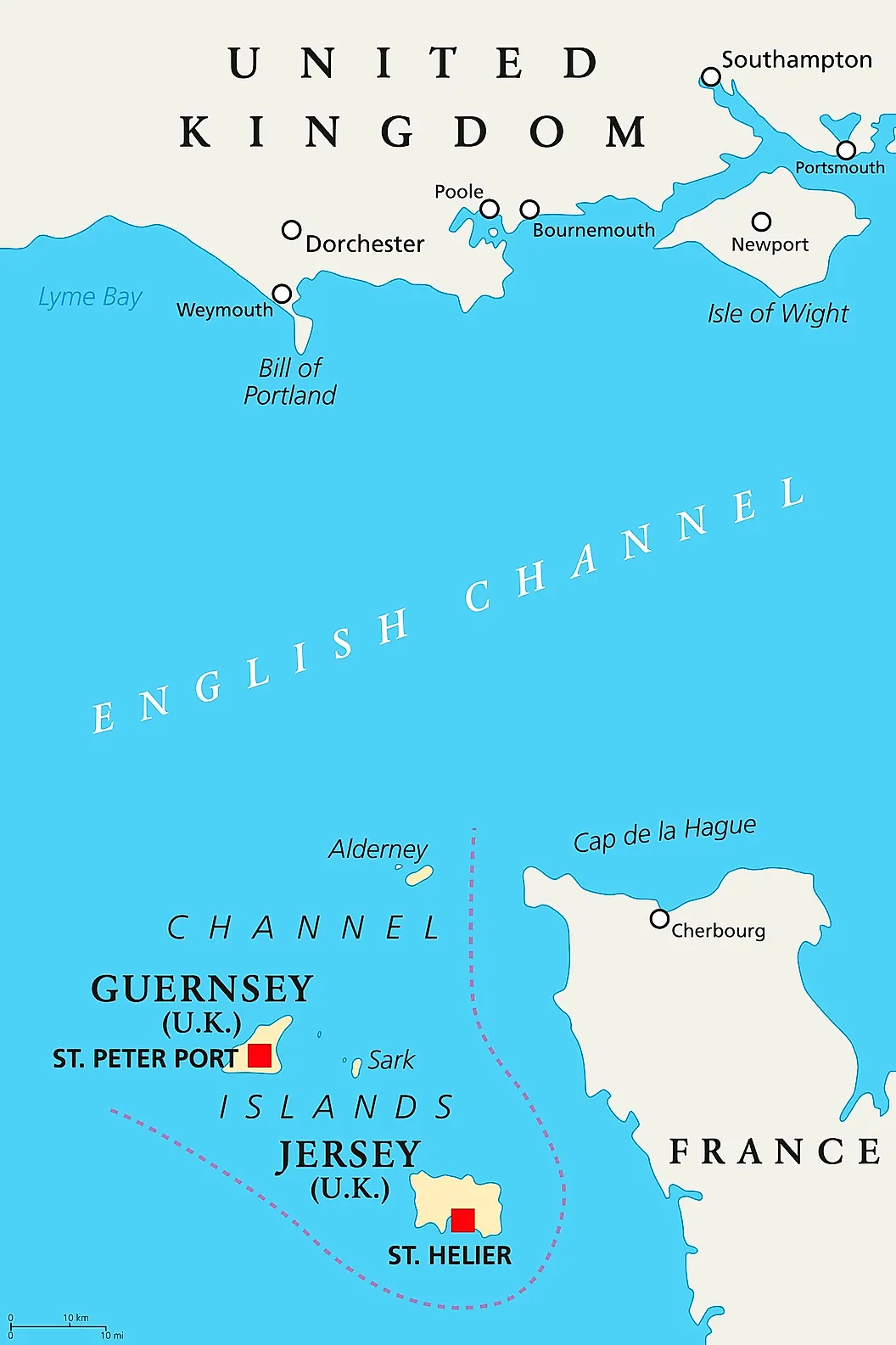The San people of southern Africa engage in a profound spiritual practice known as the trance dance. Participants, guided by experienced healers or shamans, enter a trance state through hours of rhythmic clapping, singing, and dancing. This tradition is believed to facilitate contact with the spirit world, where healers seek guidance, healing, and rain for their community.
Depicted in ancient rock art across the region, the trance dance symbolises the San’s deep connection to their ancestors and the natural world. It includes rituals like transformations into animal forms and encounters with mythical beings and ancestral spirits.
Image Source: Drawing of a painted trance dance scene made by members of the Rock Art Research Institute team at Wits University.










